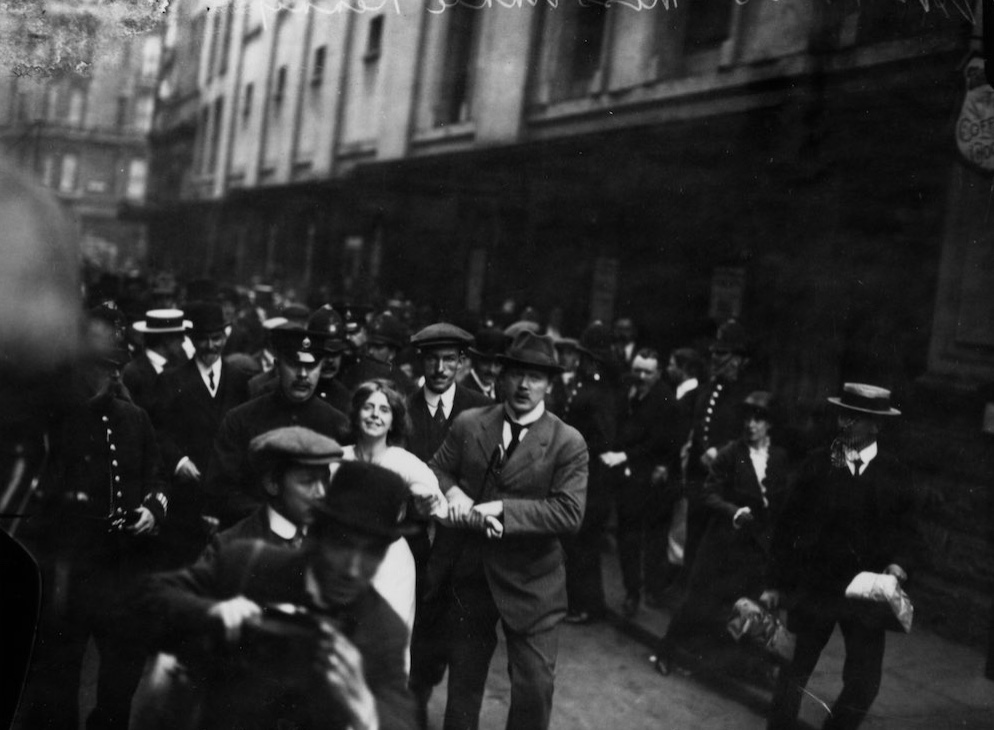As Paul’s devotion to the suffrage movement grew, she changed from a quiet and reserved woman to a confident suffragist who publicly and actively advocated for women’s rights. She joined the fight in London and began taking a stand against those who opposed women’s liberation.
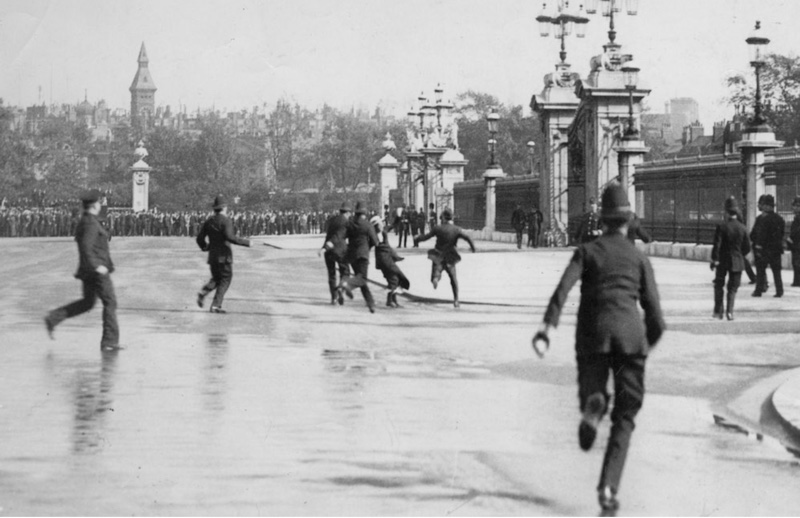
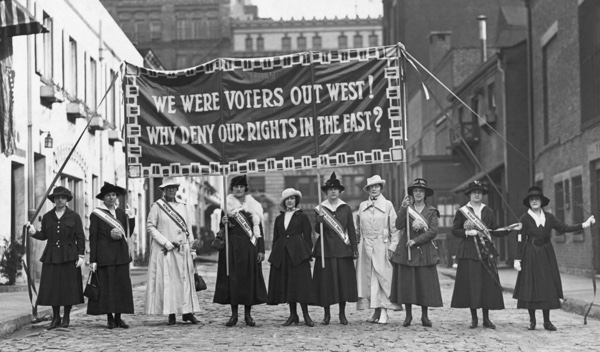
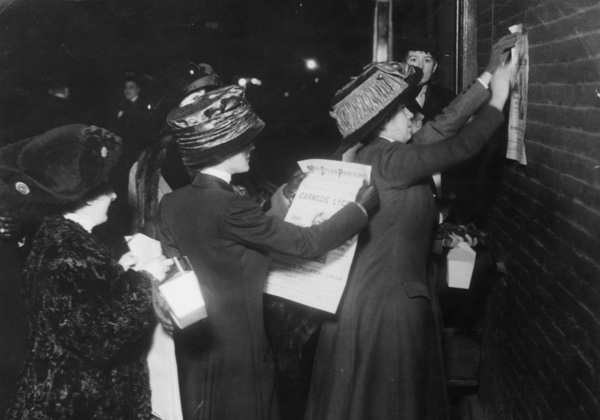
The women of this smart capital are beautiful. Their beauty is disturbing to business; their feet are beautiful; their ankles are beautiful, but here I must pause - for they are not interested in the state
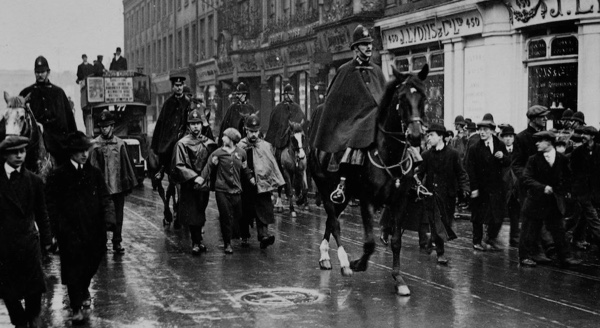
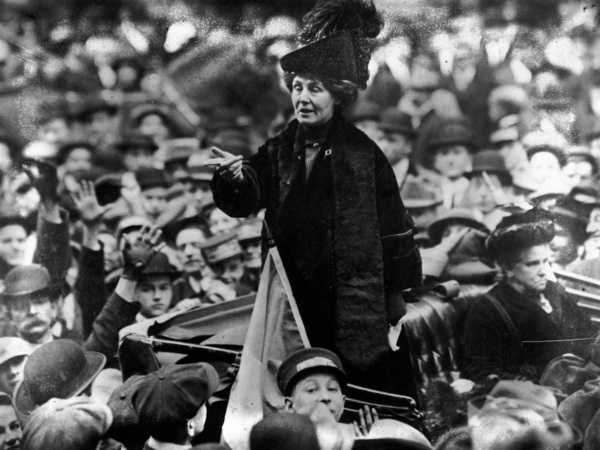
Paul, along with other British suffragettes, began with peaceful protests, but, after being mistreated constantly by critics opposed to women’s suffrage, turned violent. This included breaking windows, planting bombs, handcuffing themselves to railings, and interrupting speeches. Paul took part in these riots and was subsequently arrested multiple times for suffragist agitation. This is where she learned to demand she be treated as a political prisoner.
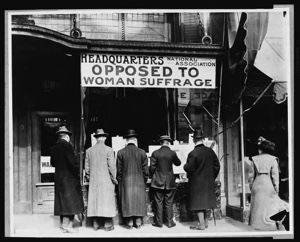
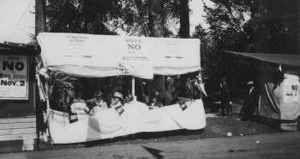
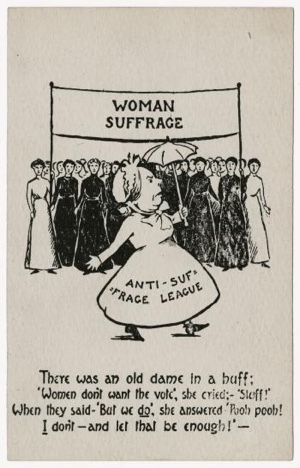
Anti-Suffrage League.c. 1911. University of Wisconsin Digital Collections.
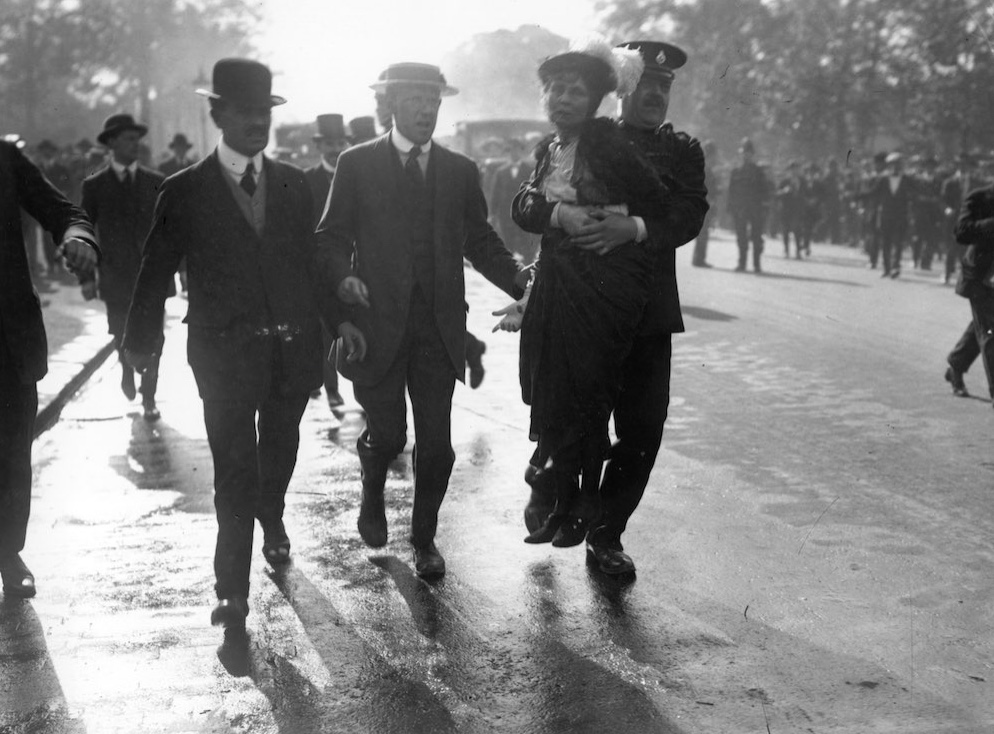
Surely there is no greater monopoly than that of all men in denying to all women a voice in the laws they are compelled to obey.
The best protection any woman can have... is courage.
